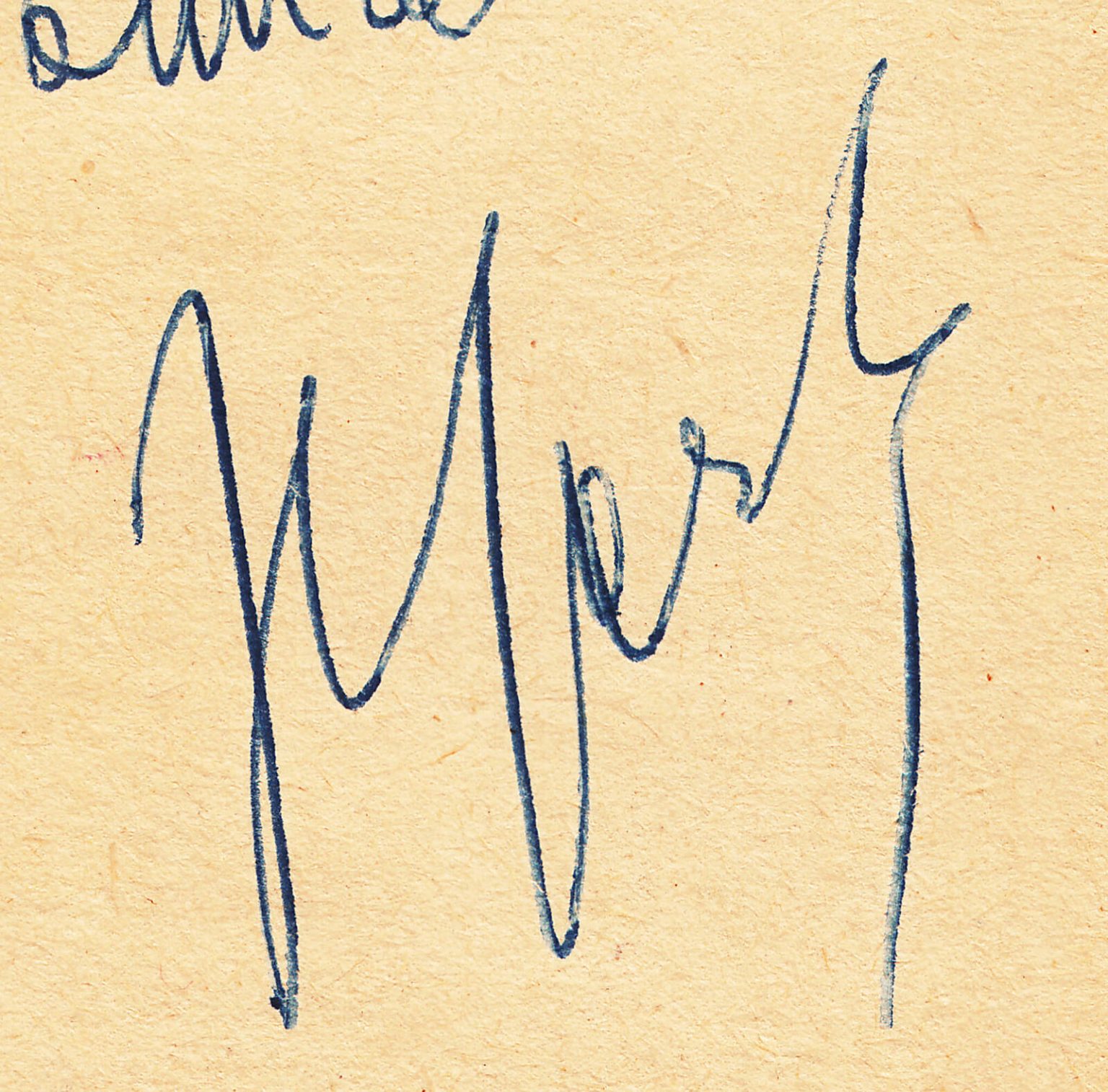

The illness resembles a political version of Jean-Paul Sartre's existential nausea, and led to both the Bolshevik Revolution of 1917 and the Soviet Union's demise with Mikhail Gorbachev's Perestroika. Elle a provoqué à la fois la Révolution Bolchévique de 1917 et la fin de l'Union Soviétique avec la Perestroika de Mikhail Gorbachev. Jean-Paul Sartre (La nausée)Ĭette maladie ressemble à une version politique de la nausée existentielle de Jean-Paul Sartre. Jean-Paul Sartre (La Nausée) Tweet It's never when eyes you look you can find them beautiful or ugly, we can notice their color. Jean-Paul Sartre (La Nausée) Tweet Ce n'est jamais quand des yeux vous regardent qu'on peut les trouver beaux ou laids, qu'on peut remarquer leur couleur. In "Tony", the book he reads in the bathroom is La Nausée by Jean-Paul Sartre, a novel about existentialism and defining oneself. In his philosophical novel "La Nausée", Sartre described Santillana as the prettiest village in Spain ("le plus joli village d'Espagne").ĭans Tony, le livre qu'il lit aux toilettes est La Nausée de Jean-Paul Sartre, un roman sur l'existentialisme et la manière de se définir soi-même. The Reprieve by Jean-Paul Sartre (20 times)ĭans La Nausée, Jean-Paul Sartre décrit Santillana comme étant le "plus joli village d'Espagne". He determines to seek in literary commitment an antidote for himself and for others against the all-pervasive spirit of seriousness of the dominant ideology.La nausée de jean-paul sartre (essai et dossier)

Roquentin's failure to intervene forcefully to save Lucienne and to protect the Autodidacte weighs on him. Thus a rag-time tune, authentic in its expression of forlornness, becomes a leitmotif of commitment. The imaginary, however, can be a vehicle to a heightened awareness of reality. Nor can he make of his life an art, as his friend Anny had tried to do so unsuccessfully. Roquentin comes to realize that he cannot attain being as a historian. It leads to a radical change of his fundamental project. En 1950, ce roman est inclus dans la liste du Grand prix des Meilleurs romans du demi-sicle. C'est avec ce premier roman que Sartre obtient une renomme qui s'avrera grandissante. He passes through an acute crisis, recorded blow by blow in his diary. La Nause est un roman philosophique et partiellement autofictionnel de Jean-Paul Sartre, publi en 1938. A certain Antoine Roquentin is shaken by the fear of becoming submerged in Bouville, physically and socially. The recent publication of Sartre's earliest writings permits us to isolate his fundamental concerns, later to be developed in the novel: contingency and its evasion in bad faith. Nausea is the affective equivalent of Descartes's systematic doubt and of Husserl's reduction. La Nausée, a key to Sartre's work, centers on an affective comprehension of the world, which becomes cognitive in the author's philosophy.


 0 kommentar(er)
0 kommentar(er)
